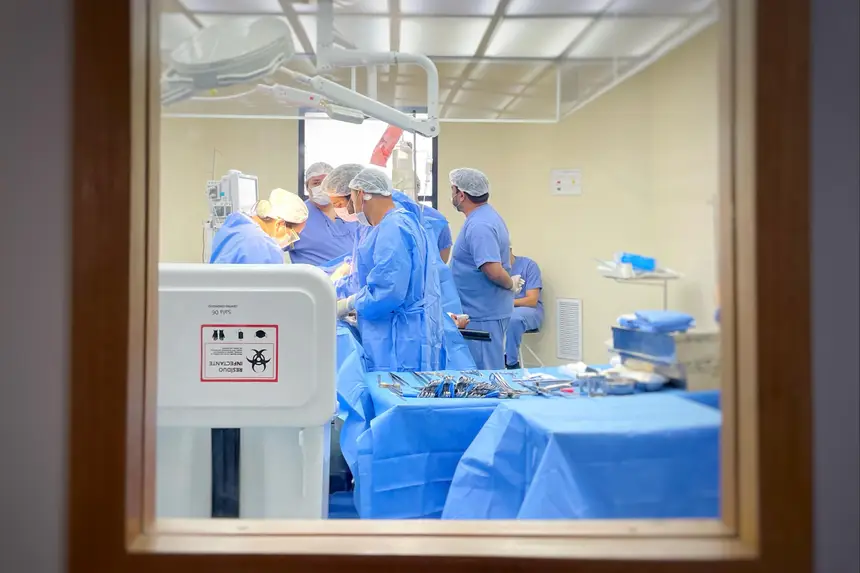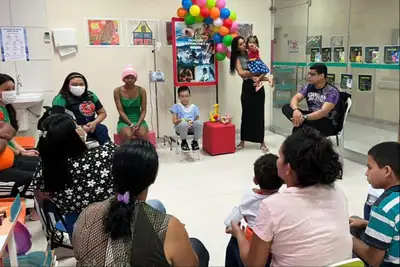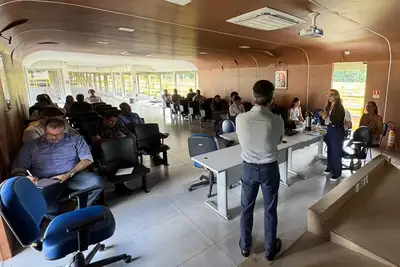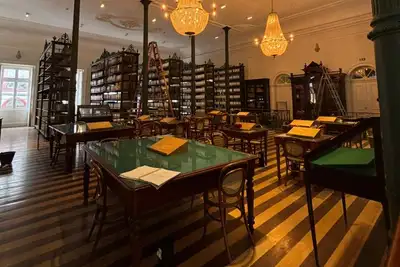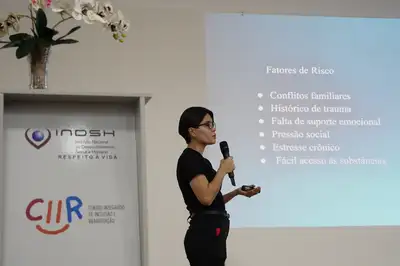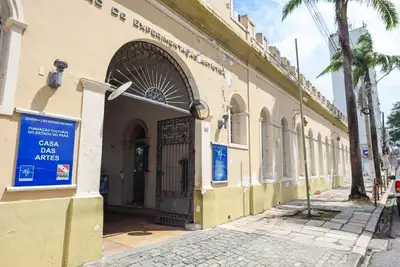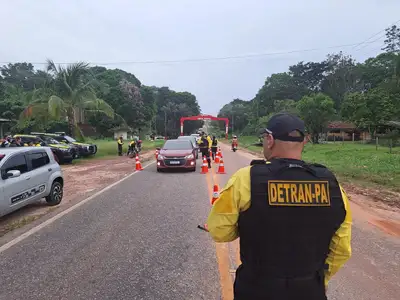Abelardo Santos Hospital strengthens the health network of the Government of Pará and will act as a backup for COP30
With 360 beds and a complete care structure, the unit integrates Sespa's strategies to welcome the local population and visitors during the conference

The Dr. Abelardo Santos Regional Hospital (HRAS), in Icoaraci, Belém, will be one of the healthcare backup units of the Government of Pará during the 30th United Nations Climate Change Conference (COP30) in November. This initiative is part of the strategic plan of the State Department of Public Health (Sespa) to strengthen the hospital network during the event. A reference in care for women, children, and indigenous peoples, the unit will maintain regular care for the population during this period but will be prepared to receive tourists.
The Deputy Secretary of Health Policy Management at Sespa, Heloísa Guimarães, emphasized the importance of the hospital in supporting the health network during COP30. "Abelardo Santos plays a strategic role due to its modern structure and capacity for care. Moreover, all professionals are prepared to welcome both the local population and visitors during the conference."
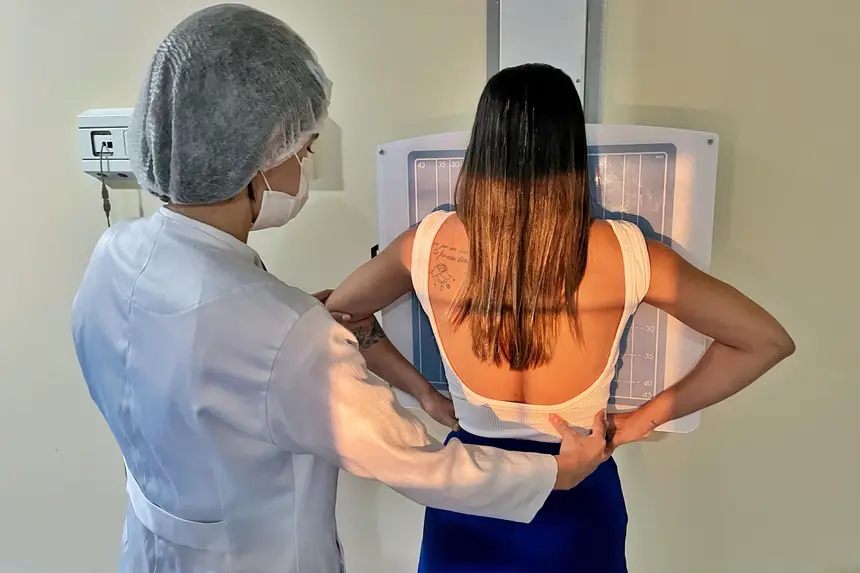
The general director of HRAS, Aline Oliveira, highlighted that the unit will operate at COP30 with the same standard of excellence already recognized, ensuring assistance with safety, quality, and commitment, reinforcing the hospital's role in caring for the population of Pará and visitors to the State.
Structure - With over 1.7 million services provided in the last two years, HRAS has 360 beds distributed among emergency, surgery, clinical hospitalization, ICU, and Intermediate Care Units (UCIn), offering 11 specialties: vascular, urology, thoracic surgery, gynecology, mastology, endoscopy, pediatrics, general and spinal neurosurgery, general medicine, and obstetrics.
The hospital also stands out in serving indigenous peoples. In 2024 and 2025, it served more than 661 indigenous individuals from the Tembé, Assurini, Amanayé, and Munduruku ethnicities. It was a pioneer in the Amazon by adhering to the Incentive for Specialized Care for Indigenous Peoples (IAE-PI) from the Ministry of Health.

Heloísa Guimarães added that this is one of the unit's differentiators. "The hospital is prepared to also serve traditional peoples. In the rooms of the indigenous block, for example, the hammocks have been adapted, respecting cultural forms and ensuring humanized care for all ethnicities."
Safety - Earlier this year, HRAS achieved, for the first time, the Accredited – ONA 1 certification, one of the most important in Brazil. The seal attests to the quality of services provided in the health area and confirms that the unit meets fundamental safety criteria, ensuring processes that reduce risks and prevent harm to patients, companions, and professionals.
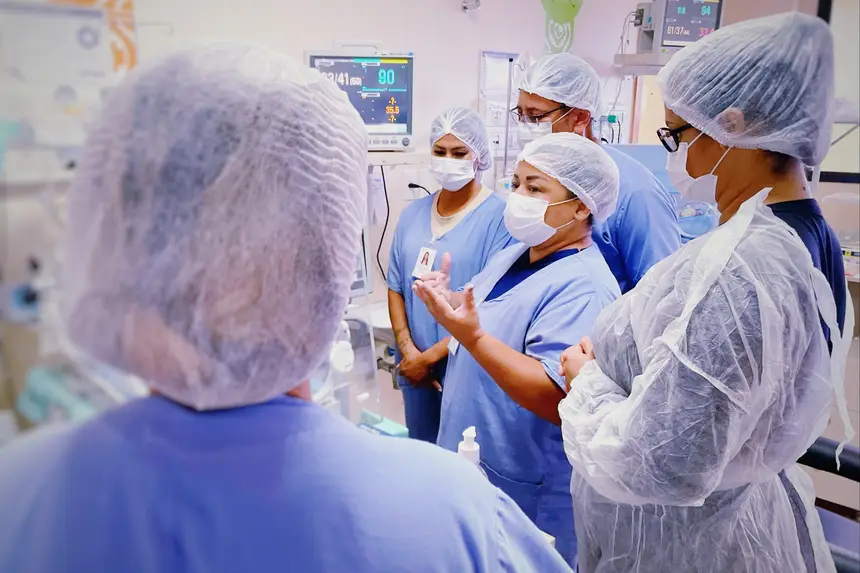
This recognition is accompanied by the unit's satisfaction rate, which is above 90% among users, reaching an annual average of 93%. Humanized treatment, safe medical discharge, and the quality of the structure, both building and equipment, are the points highlighted by users in surveys conducted by the User Service (SAU).




